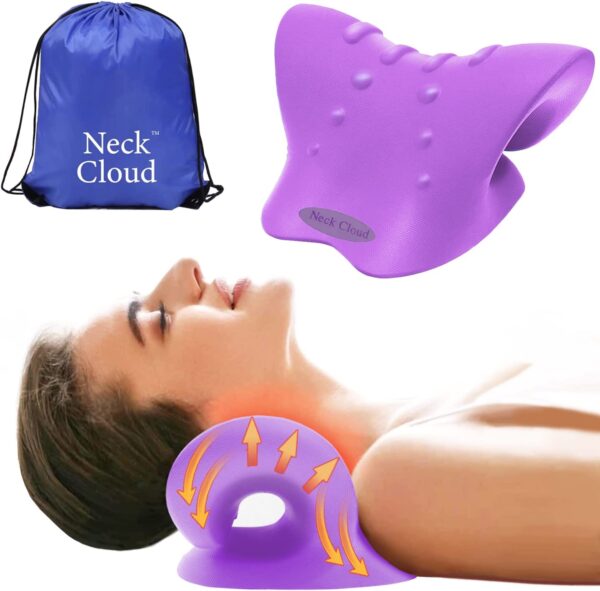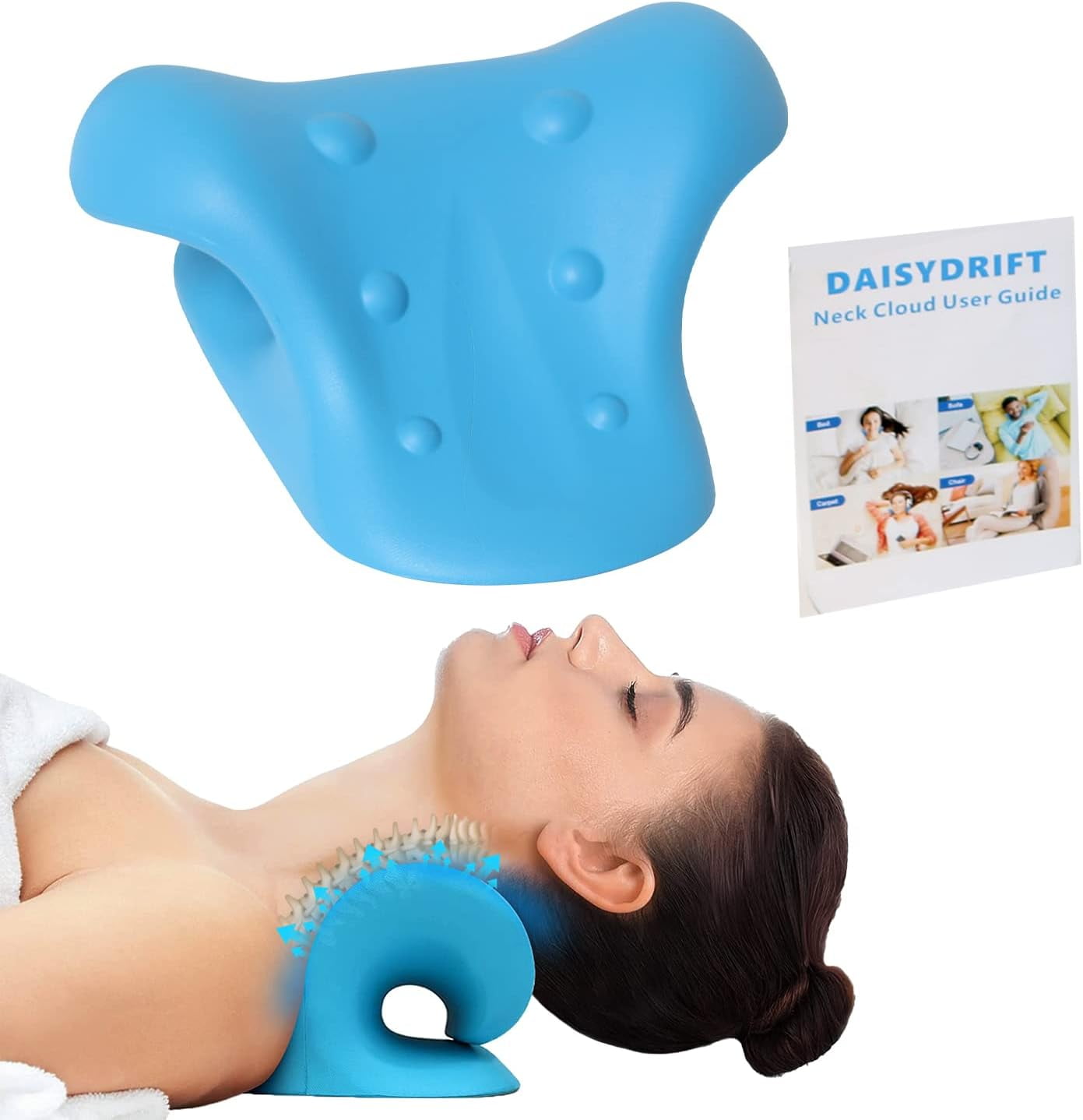Neck Cloud: Ergonomic Style for Optimum Comfort and Discomfort Reduction
Neck Cloud: Ergonomic Style for Optimum Comfort and Discomfort Reduction
Blog Article
The Influence of Tension on Neck Pain: Methods for Reducing Tension and Pain
In today's hectic world, it's no trick that anxiety has ended up being a widespread factor in the beginning and exacerbation of neck pain. Join us on a trip to unwind the impact of stress and anxiety on neck pain and find reliable methods to alleviate pain and improve total quality of life.
Comprehending Stress-Related Neck Pain
Neck pain is a common issue that can typically be attributed to stress and anxiety. Stress-related neck discomfort can materialize as stress, tightness, or pain in the neck and shoulder location. The connection between tension and neck discomfort depends on the body's physical feedback to tension, which can result in muscular tissue tension and tightness in the neck muscular tissues. Persistent stress can cause consistent neck discomfort and exacerbate existing conditions like cervical spondylosis or muscle stress.

Identifying Common Stress Areas
One common stress location is the neck, where stress and anxiety commonly shows up literally. Tension migraines, rigid neck muscle mass, and restricted variety of movement are usual signs of stress-related neck tension. Being conscious of these usual tension locations can help individuals identify the physical indicators of tension and take steps to address them before they intensify into persistent pain or discomfort.
Applying Relaxation Methods
To properly manage stress-related tension in the body, carrying out relaxation strategies is crucial. Relaxation methods are important devices for decreasing neck pain created by stress and anxiety. Deep breathing exercises can aid relax the mind and relax stressful muscles in the neck and shoulders (neck cloud). Practicing mindfulness reflection can also be beneficial in relieving stress and advertising leisure. Modern muscle mass relaxation, where you systematically tense and afterwards loosen up various muscle mass groups, can launch built-up stress in the neck area. Additionally, activities like yoga exercise and tai chi integrate both physical motion and relaxation, making them effective methods for minimizing tension and neck discomfort. Taking routine breaks throughout the day to stretch and relax can avoid muscle mass tightness and stress from collecting. By including these relaxation methods right into your day-to-day routine, you can assist take care of stress and anxiety degrees, minimize tension in the neck, and ease pain connected with stress-induced neck discomfort.
Including Self-Care Practices
Integrating self-care practices is necessary for keeping overall wellness and managing stress-related neck pain effectively. Taking part in regular physical activity, such as gentle stretching workouts or yoga exercise, can help reduce tension in the neck and shoulders. Practicing great stance throughout the day and taking constant breaks from long term sitting or screen time can also stop stress on the neck muscular tissues.
In addition, prioritizing adequate rest and developing a consistent sleep routine can add dramatically to decreasing tension levels and promoting leisure. Developing a calming going to bed routine, such as reviewing a book or taking a cozy bathroom, can assist prepare the body and mind for relaxed rest. In addition, maintaining a well balanced diet regimen Your Domain Name abundant in nutrients and staying moistened can support overall health and reduce inflammation that might intensify neck discomfort.
Incorporating mindfulness practices, such as deep breathing exercises or reflection, can help handle stress and promote leisure. Taking some time for oneself, check over here participating in leisure activities, and setting boundaries to protect individual time are likewise vital facets of self-care that can contribute to minimizing anxiety and relieving neck pain.
Looking For Specialist Aid
Just how can individuals effectively resolve relentless neck discomfort that is influencing their everyday life and well-being? Seeking professional assistance can be a critical step in handling and minimizing neck discomfort.
Chiropractic practitioners concentrate on spine manipulation techniques to improve placement and lower stress in the neck area. Physiotherapists use targeted stretches and workouts to reinforce muscles, boost flexibility, and enhance total neck function. Orthopedic experts can offer sophisticated clinical treatments such as shots or medical choices for severe cases of neck discomfort.
Verdict

Stress-related neck pain can manifest as stress, stiffness, or discomfort in the neck and shoulder area. The link between stress and anxiety and neck discomfort exists in the body's physical feedback to stress and anxiety, which can result in muscle mass tension and tightness in the neck muscular tissues. Tension headaches, rigid neck muscular tissues, and limited range of activity are typical symptoms of stress-related neck Read Full Article tension. By incorporating these leisure techniques right into your daily routine, you can help handle tension levels, lower stress in the neck, and relieve pain associated with stress-induced neck discomfort.

Report this page